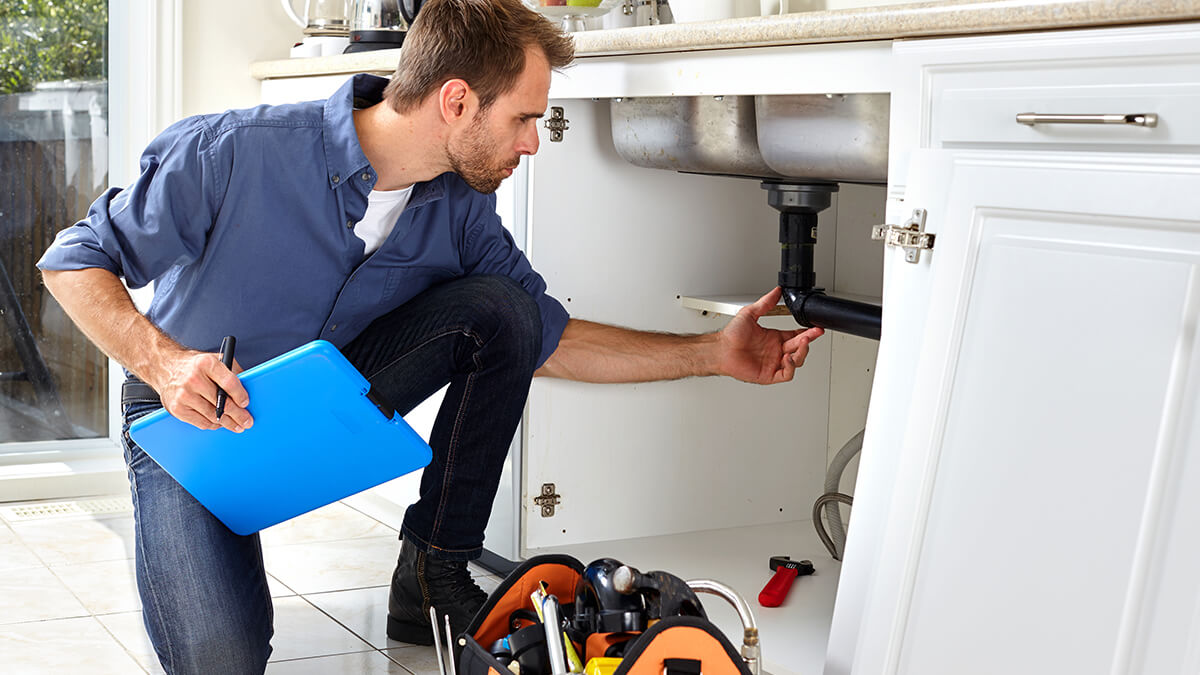
Ensuring Plumbing Integrity: Comprehensive System Inspections
A well-functioning plumbing system is essential for the smooth operation of any home. Regular plumbing system inspections play a crucial role in maintaining its integrity, preventing issues, and ensuring the longevity of the entire system.
The Importance of Routine Inspections: A Preventive Approach
Routine plumbing system inspections are akin to health check-ups for your home. Conducting these inspections on a regular basis allows homeowners to detect and address potential issues before they escalate. This preventive approach not only saves money in the long run but also ensures that the plumbing system operates efficiently.
Identifying Potential Leaks: Early Detection Saves Water and Money
One of the primary objectives of plumbing inspections is to identify potential leaks. Even a minor leak, if left unattended, can lead to significant water wastage and increased utility bills. Inspections help in early detection, enabling prompt repairs and preventing water damage to the structure of the home.
Checking for Corrosion: Preserving the Longevity of Pipes
Corrosion is a common issue in plumbing systems, especially in older homes with metal pipes. Inspections involve checking for signs of corrosion, which, if left unaddressed, can lead to pipe deterioration and leaks. Addressing corrosion early on preserves the longevity of the pipes and ensures the reliability of the entire plumbing network.
Assessing Water Pressure: Balancing Efficiency and Performance
Water pressure is a critical aspect of a functional plumbing system. Inspections include assessing water pressure levels to ensure they fall within the optimal range. Low water pressure can affect the performance of fixtures and appliances, while excessively high pressure can lead to pipe damage. Maintaining the right balance is crucial for efficiency.
Checking Sewer Lines: Preventing Costly Blockages
Sewer line issues can result in unpleasant and costly problems. Routine inspections involve checking the condition of sewer lines for any signs of blockages or damage. Identifying these issues early on allows for preventive measures, such as hydro-jetting or pipe relining, preventing major sewer line disruptions.
Inspecting Water Heaters: Ensuring Efficiency and Safety
Water heaters are a vital component of a home’s plumbing system. During inspections, professionals assess the condition of water heaters, checking for sediment buildup, corrosion, or any signs of malfunction. Ensuring the efficiency and safety of water heaters is crucial for providing a reliable supply of hot water.
Evaluation of Fixtures and Appliances: Functionality Check
Plumbing inspections extend to fixtures and appliances connected to the system. This includes faucets, toilets, dishwashers, and washing machines. Evaluating the functionality of these components ensures that they operate smoothly and efficiently, reducing the risk of unexpected breakdowns.
Assuring Compliance with Codes: Meeting Regulatory Standards
Plumbing systems must adhere to local building codes and regulatory standards. Regular inspections help ensure that the plumbing system remains compliant with these standards. This is particularly important when renovating or making additions to a home, as non-compliance can lead to legal and safety issues.
Preventive Maintenance Recommendations: Expert Guidance
Professional plumbing inspections not only identify existing issues but also provide valuable recommendations for preventive maintenance. Plumbers may suggest tasks such as drain cleaning, pipe insulation, or water heater flushing to prevent potential problems and maintain the overall health of the plumbing system.
Linking Inspection to Long-Term Savings: Investing Wisely
In the long run, investing in regular plumbing system inspections translates to significant savings. The cost of addressing minor issues during inspections is far less than dealing with major repairs or replacements caused by neglect. Homeowners who prioritize inspections are making a wise investment in the longevity and efficiency of their plumbing systems.
Conclusion: Nurturing a Healthy Plumbing System
In conclusion, plumbing system inspections are a cornerstone of maintaining a healthy and functional home. From early leak detection to assessing water pressure and ensuring compliance with regulations, these inspections contribute to the overall well-being of the plumbing system. For expert guidance on plumbing system inspections and maintenance, visit indidesignhome.my.id. Nurturing a healthy plumbing system ensures peace of mind and long-term savings for homeowners.



